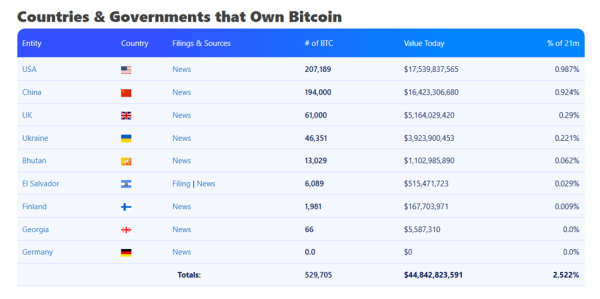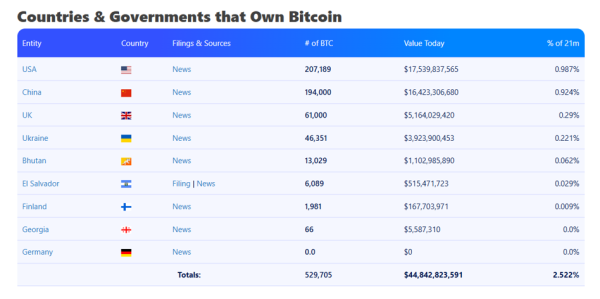According to documents obtained by Reuters, local Chinese authorities are selling confiscated bitcoins through private companies to raise funds to patch up leaky budgets. Their holdings could have amounted to as much as 15,000 bitcoins. The central government in Beijing is said to have a dozen times more cryptocurrencies, but the agency reminds that there is a ban on trading cryptoassets in China.

Local governments in China are using private companies to sell confiscated cryptocurrencies on their behalf to help public budgets strained by the economic slowdown, according to court and transaction documents seen by Reuters. The problem is that China has a ban on trading cryptoassets.
China bans cryptocurrencies
The People’s Bank of China issued a clear interpretation of the anti-money laundering law in 2021, stating that all activities related to cryptocurrencies are illegal . Cutting off China’s thriving cryptocurrency industry from the “official” financial system and forcing “miners” to cease operations affected the entire sector and was one factor that led to the crypto winter that has prevailed since the fall of 2021 and throughout 2022.
In 2023, Hong Kong, which has a large degree of autonomy and is referred to as the gateway to the Chinese capital market, took a step towards the crypto industry by launching an official licensing system for crypto trading platforms. However, in its financial stability report at the end of 2024, the People’s Bank of China emphasized that the crypto market has become more complex and volatile in recent years, but noted the role of Hong Kong, which is “actively exploring” crypto trading licensing.
Recipes for review
Reuters reports that there is a lively discussion about cryptocurrencies in China as crimes related to them increase. Representatives of the Supreme People’s Court and the judiciary, along with representatives of the academic world, are discussing the issue of cryptocurrency regulation and the problem of cryptoassets seized as a result of crimes at successive meetings.
One of them involved Professor Chen Shi of Zhongnan University of Economics and Law, who was quoted by Reuters as saying that “better oversight is urgently needed as the number of cases and the amounts involved are growing rapidly.” Another participant in the seminar, Guo Zhihao, a lawyer from Shenzhen, said China’s ban on cryptocurrency trading conflicts with the need for local authorities to liquidate confiscated digital currencies. He believes the central bank should either sell the cryptocurrencies abroad or create an official reserve of them.
Chinese Bitcoin Resources
According to data from bitcointreasuries.com, the Chinese central government holds an estimated 194,000 bitcoins seized after the PlusToken pyramid scheme was broken up in 2019. Among other countries, only the United States has more. In most cases, state bitcoins are confiscated cryptocurrencies as a result of detecting crimes. The exception is El Salvador, which recognized bitcoin as legal tender in 2021 and bought it on the market with public funds.
In turn, according to Reuters, citing data from industry firm River, local authorities in China held about 15,000 bitcoins at the end of last year, making it the 14th largest owner in the world. Germany sold all of its bitcoins obtained through seizures in recent months, pocketing nearly $3 billion.


treasuries.bitbo
According to the documents seen by the agency mentioned at the beginning, Shenzhen-based Jiafenxiang has sold more than 3 billion yuan (about $410 million at the current exchange rate) worth of cryptocurrencies since its founding in 2018 on behalf of local governments, including cities such as Xuzhou, Hua’an and Taizhou in the eastern province of Jiangsu.
The number of cryptocurrency seizures is on the rise, as local government revenue from fines and confiscations has increased by 65% in the five years ending in 2023, according to Reuters. Liu Honglin, a lawyer advising local governments, told the agency that confiscated cryptocurrencies have become a significant source of income in some cities. “However, there are no regulations governing private companies that help the government sell them, and this needs to be changed,” Liu said.
Michal Kubicki